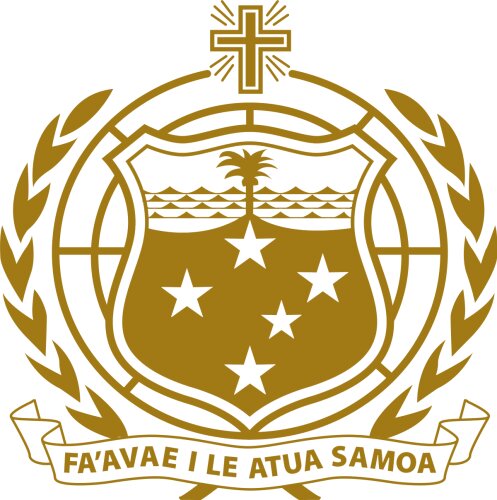Best Arrests & Searches Lawyers in Samoa
Share your needs with us, get contacted by law firms.
Free. Takes 2 min.
Or refine your search by selecting a city:
List of the best lawyers in Samoa
About Arrests & Searches Law in Samoa:
In Samoa, arrests and searches are governed by the Police Powers Act 2007 and the Criminal Procedures Act 1972. These laws outline the procedures that police officers must follow when making an arrest or conducting a search.
Why You May Need a Lawyer:
You may need a lawyer if you have been arrested or if your property has been searched by the police. A lawyer can help protect your rights, advise you on your legal options, and represent you in court if necessary.
Local Laws Overview:
Under Samoan law, police officers may arrest a person if they have reasonable grounds to suspect that the person has committed a crime. In most cases, a warrant is required to conduct a search of a person's property, but there are exceptions in cases of emergency or if the police have probable cause.
Frequently Asked Questions:
1. Can the police arrest me without a warrant?
Yes, the police can arrest you without a warrant if they have reasonable grounds to suspect that you have committed a crime.
2. Do I have the right to remain silent during an arrest?
Yes, you have the right to remain silent during an arrest and not say anything that could incriminate you.
3. Can the police search my property without a warrant?
In most cases, the police need a warrant to search your property. However, there are exceptions in cases of emergency or if the police have probable cause.
4. What are my rights if I am arrested?
If you are arrested, you have the right to remain silent, the right to legal representation, and the right to be informed of the reason for your arrest.
5. How long can the police detain me without charging me?
The police can detain you for up to 24 hours before they must either charge you with a crime or release you.
6. Can I refuse a police search?
In most cases, you can refuse a police search unless they have a warrant or probable cause to conduct the search.
7. What should I do if I am arrested?
If you are arrested, remain calm, do not resist arrest, and ask to speak to a lawyer as soon as possible.
8. How can a lawyer help me if I am arrested?
A lawyer can advise you on your legal rights, represent you in court, and help ensure that your rights are protected during the legal process.
9. Can I sue the police for wrongful arrest or search?
If you believe that the police have wrongfully arrested you or conducted an illegal search, you may be able to take legal action against them.
10. Are there any limitations on police powers in Samoa?
Yes, police officers must follow strict procedures when making an arrest or conducting a search, and they must respect the rights of the individual being arrested or searched.
Additional Resources:
If you need legal assistance with arrests and searches in Samoa, you may contact the Ministry of Police or seek help from a local law firm specializing in criminal law.
Next Steps:
If you require legal assistance with arrests and searches in Samoa, contact a lawyer as soon as possible to discuss your options and protect your rights.
Lawzana helps you find the best lawyers and law firms in Samoa through a curated and pre-screened list of qualified legal professionals. Our platform offers rankings and detailed profiles of attorneys and law firms, allowing you to compare based on practice areas, including Arrests & Searches, experience, and client feedback.
Each profile includes a description of the firm's areas of practice, client reviews, team members and partners, year of establishment, spoken languages, office locations, contact information, social media presence, and any published articles or resources. Most firms on our platform speak English and are experienced in both local and international legal matters.
Get a quote from top-rated law firms in Samoa — quickly, securely, and without unnecessary hassle.
Disclaimer:
The information provided on this page is for general informational purposes only and does not constitute legal advice. While we strive to ensure the accuracy and relevance of the content, legal information may change over time, and interpretations of the law can vary. You should always consult with a qualified legal professional for advice specific to your situation.
We disclaim all liability for actions taken or not taken based on the content of this page. If you believe any information is incorrect or outdated, please contact us, and we will review and update it where appropriate.
Browse arrests & searches law firms by city in Samoa
Refine your search by selecting a city.










